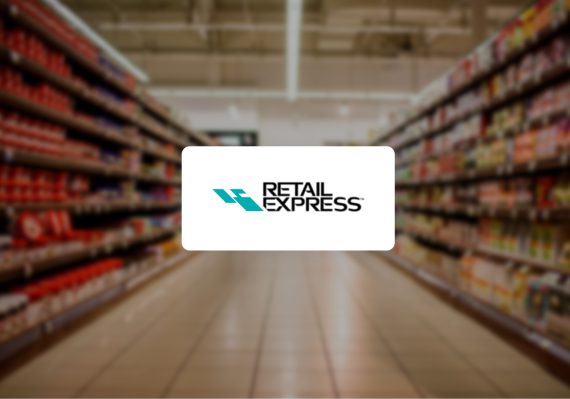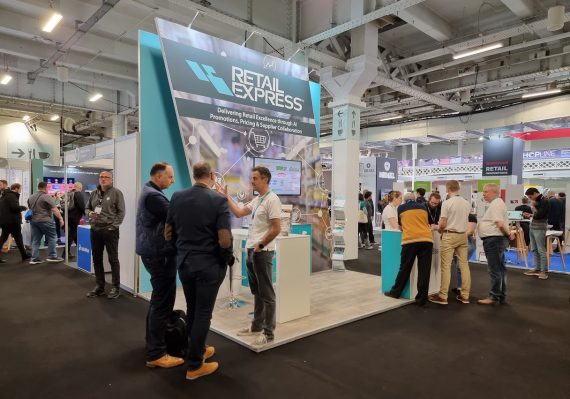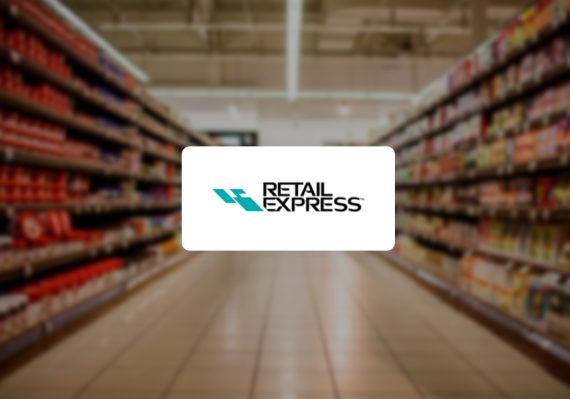TESCO BUYS /MERGES WITH BOOKER PLC

27th January 2017 | 3 min read
RETAIL EXPRESS CEO BLOG:
TESCO BUYS /MERGES WITH BOOKER PLC – WOW
We all awoke this morning to the surprise news that the Tesco group was merging with Booker plc which adds £5 Billion in sales to the resulting Tesco group, £155 Million in operating profits and a hefty £200 Million per annum a Year in Synergy savings by the third year from Procurement and Distribution savings.
Booker services 5,000 Convenience stores under the Premier, Happy Shopper, Budgen and Londis symbol groups names and services another 125,000 businesses through the Booker wholesale arm, many of those are C-store operators as well as Restaurants, Hotels and commercial businesses through Booker Cash n Carry and delivered wholesale.
Initial reaction ‘how will they get this past the competition authorities’ well because it’s a different class of business (Wholesale) and strikingly Booker only owns 9 C-Stores of its own, doubtless competitors will think hard about lodging objections on competition grounds; but this has to be good news to Franchise Owners within the Booker Plc family, they can expect to have lower procurement costs and potentially lots of Supply Chain distribution savings, some of which will be passed on and possible access to an improved grocery ‘offer’ by tapping into the Tesco brand and product development infrastructure.
Tesco operates two C-Stores Banners, Tesco Express and On Stop, where the latter has 800 C-Stores with its own business infrastructure, surely a perfect match for integration with the Booker business and strip out lots of One Stop costs; Tesco Express is mainstream to the core Tesco business both on pricing, range, brand, procurement, supply chain etc., whereas One Stop is outside that core infrastructure.
Today Tesco has 28.2% of the UK Grocery Market, according to Kantar Symbol Groups and Independent Outlets make up another 4.6% of the Grocery Market, so the £3.4 Billion of Booker plc revenues that comes to them through their Symbol groups (Premier, Budgen, Londis and Happy Shopper) will at retail make up a sizeable chunk of that part of the marketplace where Booker is already in the view of analysts the ‘best and most efficient’ operator with margins of circa 3% on net sales, so the task for the other symbol groups and all C-Store groups, just got harder.
Both the Chairman and the highly regarded CEO of Booker plc are joining the Tesco plc group Holdings Board so you should expect to see Booker CEO Charles Wilson, become an important player in the Tesco group and likely to run the enlarged Wholesale and Symbol C-Store business including One Stop and potentially other interesting acquisitions that might come along at depressed prices as this new powerhouse competes more strongly in the UK market. Interestingly for Tesco this is a page out of the Walmart ‘playbook’ as in the USA Walmart is the owner of McLane & Co one of the United States largest wholesale distribution operators servicing the same market segment that Booker currently does, which Walmart acquired through acquisition and which still runs alongside but is not integrated with the core Walmart USA business.
A stronger Premier, Budgens etc will also put pressure on other Convenience store groups like the Coop and the convenience stores of the Supermarket multiples, all round this is likely to be good for the consumer but makes the life of those competing in the C-Store business harder, as if there weren’t enough challenges coming at them this year and next.
So Sainsbury gets Argos, Tesco gets Booker – what Next? This is going to be an interesting year.
Barry Grange
CEO
Retail Express Ltd








